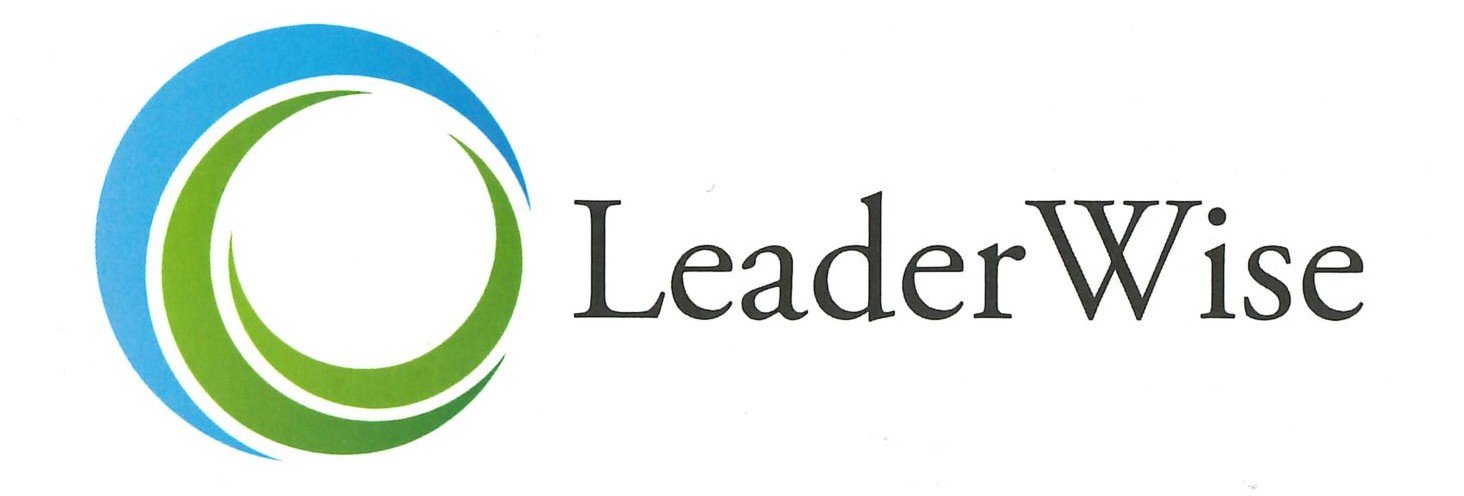“Am I Safe Here?”
Am I safe here? It’s a question that we at LeaderWise have been hearing lately in every corner of our work: as folks enter the assessment process, when organizations approach us for consultation; in our workshops; and especially in our 1:1 work (therapy, spiritual direction, reflective pastoral supervision, and coaching).
Am I safe to bring my full self here? Is it okay here to question or disagree? If I show you who I am, if I share with you my real thoughts, will it be counted against me? Will I be marginalized or cast out? Is LeaderWise a safe place, given that so many spaces today are unsafe? We want to assure you that LeaderWise is committed to helping all clients feel safe.
LeaderWise has recently developed a Welcome and Inclusion statement, and we offer it to you here:
Our welcome: As you visit this space, either online or coming through our office door in Saint Paul, we welcome you. As a team, LeaderWise respects you and the dignity of all human beings. We honor, for example, the gifts of diverse cultural backgrounds; the fullness of race and color; the range of expressions of sexual and gender identity; and the varied voices that come with differences in age, ability, life experiences, and socioeconomic status. We hope you will experience our whole-hearted welcome.
Our commitment: We affirm—through our professional and personal experiences, as well as decades of research—that discrimination and structural inequities contribute to disparities in mental health outcomes, access to care, and overall well-being. We see well-being in the context of culture and community. We care about how you are doing amidst our current sociopolitical climate and polarized time. Consistent with our professional ethics, we uphold a particular commitment to those who are marginalized, vulnerable, or afraid. We strive to be a space in which your voice is heard, your identities affirmed, and your experiences valued.
Stephanie Hoover from the LeaderWise Assessment Team reflects further on safety at LeaderWise:
I meet with people for candidacy assessments who have never met with a mental health professional or perhaps they have worked extensively with many mental health professionals. On either end of the spectrum, people can feel stressed, maybe fearing that the interview is a "psych eval" that could end with them being banned from ministry. I get it. I myself have had negative experiences of my identities (as a gay woman) and mental health history being held against me. Being gay used to be a diagnosis in [the American Psychiatric Association’s diagnostic manual] the DSM afterall! Audre Lorde offers me an affirming response, "Nothing I accept about myself can be used against me to diminish me."
I reassure people I meet with not just what the vocational assessment is, but what it isn't. Because we at LeaderWise have a developmental approach, we believe we all have areas of strength and areas of growth. That means when I write a summary report, which is just one of many aspects of the candidacy process, I make recommendations that are quite extensive for every candidate. Nevertheless, when we meet, candidates may be asking, "Am I safe here?" —to be myself, in all my identities, my mental health challenges, my past mistakes, and my areas for growth. The answer is yes.
In whatever space you are serving or leading, LeaderWise invites you to consider your own sacred spaces and community gathering places. How are you communicating to people before they ever enter your doors that they are safe? What behaviors can you practice that will make others safer?
In this time of uncertainty and chaos, please know that LeaderWise’s call in the world is to accompany leaders who serve the world, and it is our commitment to doing everything we can to make our spaces safe. So, may you be safe, and may you be well, in all you do.
Journalist Derek Thompson recently named this the Anti-Social Century. Americans are spending more and more time alone. Our “aloneness” is reshaping our realities. It is certainly changing our ministry contexts. Throughout this year, LeaderWise writers will share their outlooks on our Anti-Social Century and what we can do to build a culture of connection.
Interested in other articles on the Culture of Connection?
2025 Resolution Against Loneliness by Mary Kay DuChene
Ingredients for Connection: Solitude & Connectedness by Becca Fletcher
Creating Time for Connection by Cindy Halvorson


